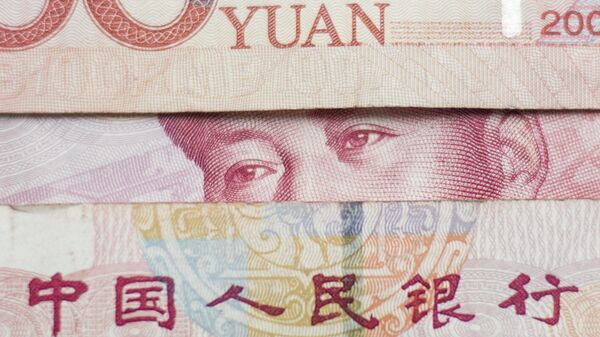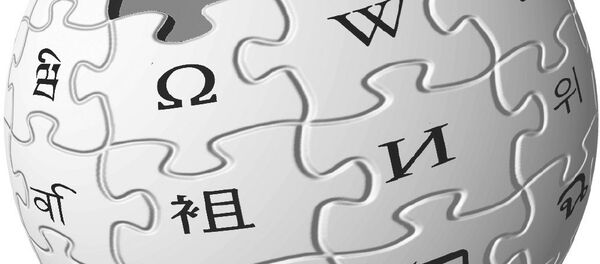So, just an ordinary online encyclopedia then.
The Chinese government will maintain tight control over what entries are acceptable on their online encyclopedia – for instance, the Tiananmen Square protests of 1989 will probably be absent from the 300,000 planned entries.
The project is being funded by the Communist Party's Central Propaganda Department and executed by the Encyclopedia of China Publishing House (EoCPH), which previously published a print Mandarin encyclopedia. The focus of the online encyclopedia will be on academic entries not affected by current events, according to EoCPH senior editor Jiang Lijun.
Jiang admitted that Wikipedia will, of course, remain more expansive than the new Chinese online knowledge bank, since anyone can edit it, but she also said that Beijing's online encyclopedia will be more factual and professional. "There is Chinese content on Wikipedia too, but sometimes it is not as accurate as it could be… we [will] try to eliminate self-promotion and inaccuracy as much as possible."
"If it's not blocked in China, the publisher must accept censorship, either self-censorship or censored by authorities," said independent media analyst Qiao Mu to the Japan Times. Sensitive political topics like the Tiananmen Square protests, the illegal Falun Gong religious movement, and the Muslim independence movement in Xinjiang will almost certainly not appear.
"Of course, science does not come from democratic votes, to convince others you will have to present the most convincing proof," said science and technology chief editor Zhang Baichun to The Associated Press.
Zhang also said that professors from the Chinese Academy of Sciences' Institute of Natural Sciences meet with experts and professionals to form committees on each article. The committee will then select a writer to draft an article, which will then be reviewed by an editor and then presented to the committee. Around 20,000 scholars and experts are expected to be involved in the project.
"If there is a difference of opinion, all deputy and chief editors should participate in the discussion and figure it out together," Zhang said. "We will reason things out with the author until we reach an agreement, or change the author."
China and Wikipedia have never been able to play well with one another. From 2004-2008 and 2015-present, the online encyclopedia has been blocked in the country. Political articles have been the point of contention more often than not, as well as clashes over the level of censorship Wikipedia is comfortable with allowing.
Despite being the most commonly spoken language in the world, Mandarin Chinese isn't in the top 10 for languages with the most Wikipedia pages. It is beaten out by languages like Afrikaans, Cebuano, Polish and Vietnamese.
However, China does have its own Wikipedia equivalent: Baidu Baike, run by private internet company Baidu, which also operates China's largest and most successful search engine. Any registered user can edit Baidu Baike under their real name, and all edits are filtered by administrators before uploaded. Articles that do not comply with national censorship laws are not published.





